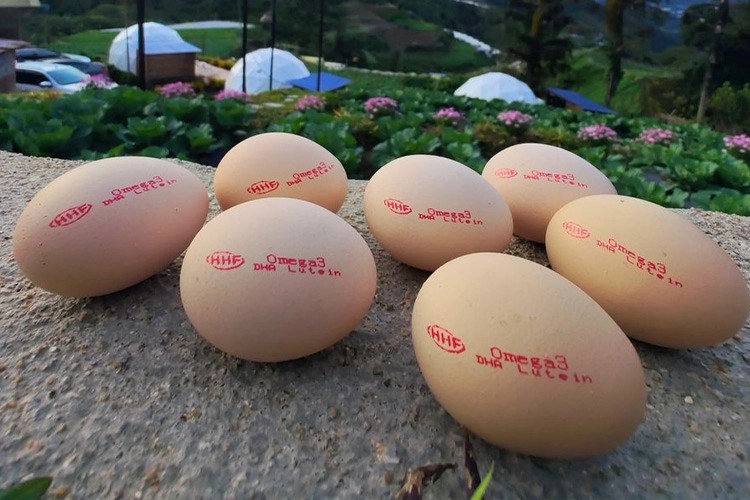Malaysia will begin phasing out its chicken egg subsidy program starting May 1, 2025, as part of the government’s strategy to ensure long-term sustainability of the local poultry industry and national finances. The current subsidy rate will be halved from USD 0.023 to USD 0.012 (MYR 0.10 to MYR 0.05) per egg, with a full removal scheduled for August 1, 2025.
Reasons for phasing out
According to the Ministry of Agriculture and Food Security, this decision follows signs of price and supply stabilisation, particularly during the recent Eid period, where egg availability remained steady and prices were competitive. From February 2022 to December 2024, the government had spent close to approximately USD 530 million in egg subsidies to buffer the industry from the effects of Covid-19 and rising feed costs linked to global disruptions, including the Ukraine-Russia war.
“The prolonged period of subsidies is no longer sustainable,” the ministry said in a statement. “Costs have now stabilized, and the industry has committed to ensuring sufficient supply moving forward.”
What is expected
However, producers are now bracing for increased cost burdens as market forces return. Analysts expect retail egg prices to rise by MYR 0.10 to MYR 0.15 per egg (approximately USD 0.02 to 0.03), particularly after the August cutoff. This could push average retail prices from the current MYR 0.45 per Grade C egg to around MYR 0.55– MYR 0.60 (USD 0.12–0.13) by Q4 2025, depending on region and supply chain factors.
Producers warn that the gradual withdrawal of government support could strain smaller farms, especially those still recovering from pandemic-era losses. Larger integrators are expected to weather the shift more easily due to better economies of scale and vertical integration, but concerns remain for rural and independent egg farmers facing thinner profit margins.
Some solutions
While the ministry emphasized that subsidies were “unfairly” benefiting high-income groups and foreigners, efforts are being made to soften the transition. This includes expanded access to competitively priced eggs through Madani Agro Sales, Fama, and the Farmers Organisation Authority. Additionally, the industry has proposed the launch of “special grade” eggs at more affordable prices to cater to price-sensitive consumers.
To prevent profiteering, the government will ramp up enforcement under the Price Control and Anti-Profiteering Act 2011, ensuring that price increases reflect actual production costs rather than opportunistic markup.
The coming months will test the resilience of Malaysia’s egg supply chain as it shifts toward a fully liberalised market. Stakeholders are calling for long-term feed cost management and targeted producer support to maintain stability in both production and pricing.

